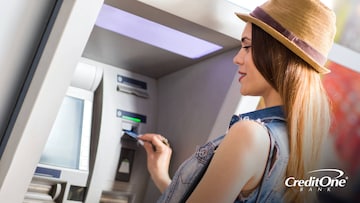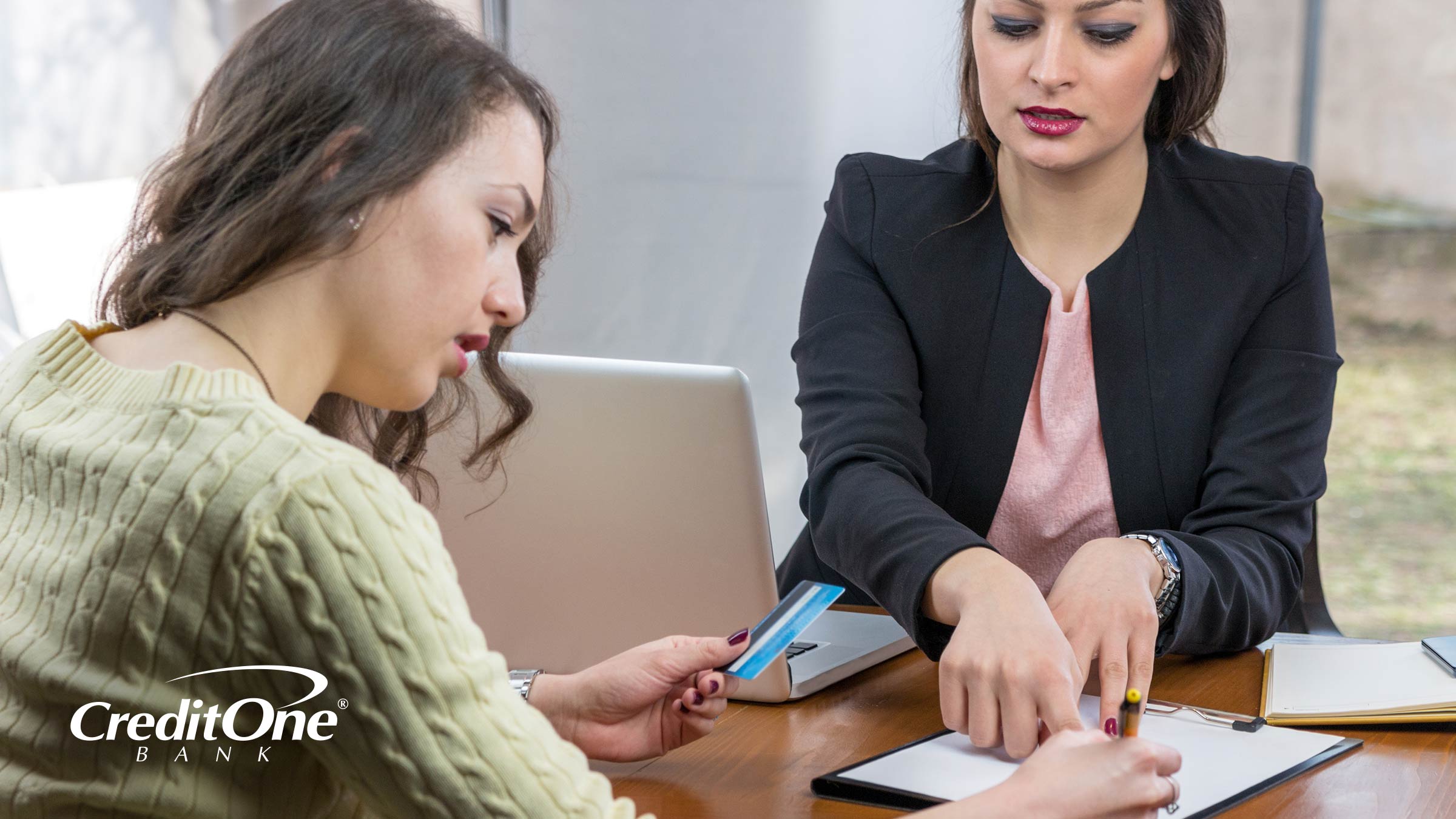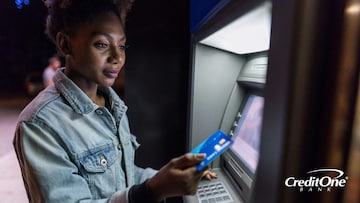
Can You Buy a Money Order with a Credit Card?
August 15, 2024
When you need to send a money order to make a payment, you have purchase options. But what about buying it with a credit card?

A money order can be useful, but it’s not something that can readily be purchased with a credit card. And there are additional considerations to take into account.
What Is a Money Order?
A money order is an alternate method of payment to cash or a traditional check. And just like cash or a cashier’s check, a money order’s purchased amount is guaranteed.
You pay for a money order upfront through a third party, providing the amount you want to send along with whatever service fee the issuer charges. There’s typically a set limit for a single money order, so you may need to purchase multiple money orders for larger amounts.
The provider then issues you the money order, and — after you fill out the recipient information and sign it — you give or send it to that specific person or business. Once received, the recipient can cash or deposit it just like a normal check.
Why Use a Money Order?
A money order can be a safe way to make a purchase or payment since your personal banking information isn’t on it, a tracking number allows you to see where it is, and the only person who can use the money order is the one whose name is on it. Anyone can buy one, even if they don’t have a checking account.
Money orders allow you to send funds to almost anyone, anywhere around the world. And they’re widely accepted, even by government organizations, because the amount is guaranteed.
Where To Buy Money Orders Using a Credit Card
While there are plenty of places where you can purchase a money order, it’s pretty hard to find one that accepts credit cards. In fact, let’s say it’s almost impossible. Western Union and 7-Eleven used to allow this type of transaction, but they typically don’t anymore.
You can now only use cash or debit card to buy a money order at 7-Eleven. It might be possible to find an independent Western Union agent location that still allows you to use credit for this purpose, but you won’t know unless you call or visit that specific location.
Since a money order’s face value is guaranteed, it’s not surprising that an issuer would want that money in hand before issuing it. That’s why they typically won’t accept credit cards as a form of payment for it. If you do happen to find that rare provider who accepts credit cards for money orders, they are likely going to charge you extra fees.
You may also want to consider reviewing your card agreement to know exactly how your credit card issuer treats such charges. Some creditors may consider a money order the same as a cash advance, which likely means a higher interest rate and typically no grace period before that interest begins to accrue. They may also charge you a cash advance fee.
As with anything involving a credit card, you’ll also want to have a solid plan to pay off the resulting balance. And don’t forget to factor in any impact that balance will have on your credit utilization ratio, which in turn affects your credit score.
Money Order Alternatives
While sending a money order is a safe way to provide guaranteed funds, there are some alternative methods. The most obvious is a cashier’s check, but it can’t be readily purchased with a credit card either.
However, other payment options allow you to use a credit card. For example, you can still often use a credit card to send wire transfers, bank transfers, or other money transfers, whether through your bank or a service provider like Western Union.
Peer-to-peer payment services, such as Venmo and PayPal, also let you transfer funds using a credit card and send that money to friends, family, or a retailer. You might even be able to pay your rent or a contractor this way.
There are also third-party platforms like Plastiq — or even services offered through your credit card issuer — that allow you to pay bills with your credit card. Of course, you could also send a personal check, or have one certified.
Prepaid cards are another alternative to money orders. You can purchase a prepaid card with a credit card and use it at vendors who accept debit, but not credit.
Bottom Line
Money orders can be a useful tool to securely make a payment or purchase. And, depending on the issuer and location, you may be able to pay for one with a credit card. However, as with any other financial decision, it’s important to understand what a money order is, how it works, and the pros and cons before purchasing one.



